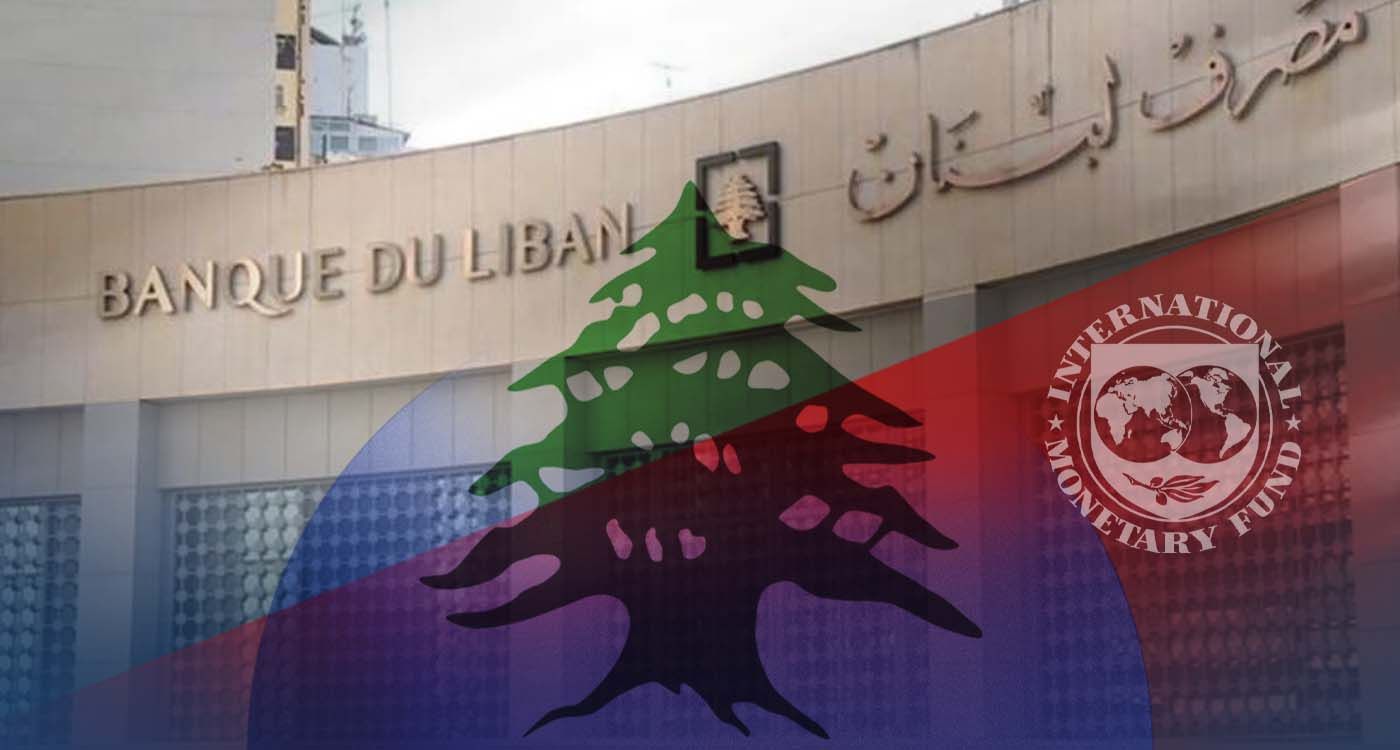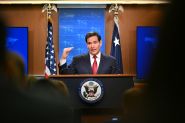
When it comes to the IMF, one thing stands out above all: a consistent pattern of bad advice. Governments change, wars erupt, and yet this venerable institution remains glued to its Excel spreadsheets, always heeded by Lebanese ministers, especially the finance minister. The International Monetary Fund, the self-proclaimed savior of struggling economies, appears to have chosen an experimental treatment for Lebanon: attempts to cure the patient by bleeding it dry.
It is a new kind of austerity, an accounting amnesia that wipes out the state’s debts while simultaneously draining citizens’ deposits. A bloodletting worthy of quack doctors from the Middle Ages, masters at killing anyone unfortunate enough to be sick.
The IMF marches on, unfazed, alongside the Lebanese government. Its obsession is to make the Lebanese state look “healthy,” even if that means declaring clinically dead anyone who loses their savings along with the banking system. Its goal is clear: erase the state’s debts while making banks and depositors foot the bill.
Instead of tackling the root of the problem—state corruption and decades of public waste—it is far easier to put a fresh coat of paint on the façade: a supposedly debt-free state with fake credibility, while depositors are turned into mere adjustment variables.
The most striking part is that this logic contradicts the IMF’s own dogma. Elsewhere, it begins by reining in the excesses of the often sprawling public sector. Lebanon is no exception. The number of civil service employees is huge, many in their positions solely because of sectarian or political ties. Yet instead of reining in the bloated bureaucracy, the IMF relentlessly targets the private sector, the very sector still barely keeping the country and its economy afloat. Its scalpel strikes where it hurts most: depositors and banks.
The IMF seems determined to show that it is just as stubborn as the Lebanese state in never learning from its mistakes. One might have expected it to demand transparency, push for reform, and clean up the system. Instead, it chooses to endorse the country’s moral collapse, slapping a new label on it: the “gap law.”
Lebanon, once known as a country of banks and trust, has become a laboratory for economic amnesia. In this lab, the IMF and its allies play mad scientists, concocting miracle solutions that work only on paper, while society continues to unravel, with certain members of the Lebanese government actively complicit.
As the satirist Chamfort once put it, “If you do not want to be cured, every remedy will fail.”




Comments